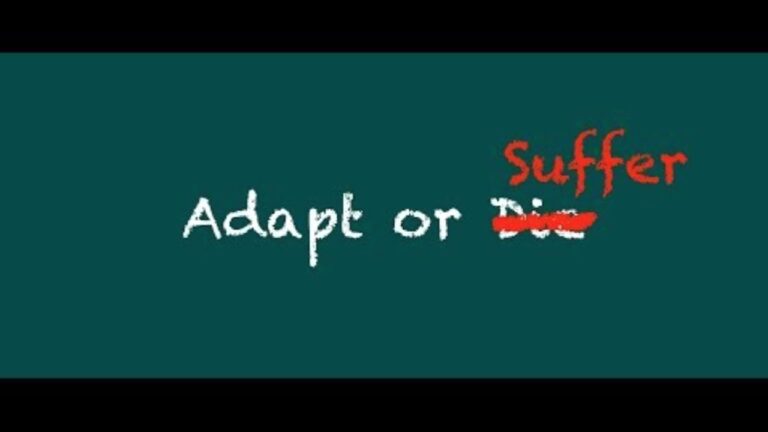The Peter Principle

The Peter Principle: Reaching Your Level of Incompetence
In the 70s, the Peter Principle, coined by Lawrence Peter, gained popularity for its insightful take on how people rise to their level of incompetence. This principle suggests that individuals continue to climb the corporate ladder until they reach a position where they are no longer competent. Let’s delve deeper into this concept and explore how recognizing and handling one’s incompetence can lead to personal and professional growth.
Main Ideas
- 📈 The Peter Principle suggests that individuals in organizations rise to their level of incompetence, where they can no longer effectively fulfill their roles.
- 💼 Many corporations fail to provide additional training or demote individuals who reach their level of incompetence due to ego and the fear of demotion.
- 🎓 It’s important to recognize personal limitations and understand that nobody can excel at everything indefinitely.
- 🏃♂️ Reaching one’s limits is natural and should be accepted with humility rather than seen as a failure.
- 💡 Recognizing when one reaches their level of incompetence is crucial for personal and professional growth.
- 🤝 Seeking help and training when facing challenges beyond one’s current capabilities is a sign of strength and leads to improvement.
- 🧠 Overcoming obstacles and limitations requires humility and a willingness to learn and adapt.
- 🚀 Asking for help and overcoming limitations lead to personal growth and the ability to achieve greater heights in life and work.
Rising to Your Level of Incompetence
Imagine starting at a job, like McDonald’s, and excelling in your role. You get promoted to higher positions, but eventually, you hit a ceiling where you struggle to perform effectively. This is your level of incompetence, where you are no longer capable of meeting the demands of the role.
Lawrence Peter noted that many organizations fail to address this issue. They either leave employees in positions where they are struggling or avoid demoting them due to ego concerns. However, facing your limitations is a crucial step in personal development.
Recognizing Your Limits
Everyone has areas where they excel and areas where they struggle. It is essential to acknowledge when you reach your limits and confront your level of incompetence with humility. Pride can hinder your ability to accept your shortcomings and seek help when needed.
Being self-aware and monitoring your performance can help you identify when you are bumping up against your limitations. It is vital to assess whether additional training or support can enhance your capabilities in a particular role.
Overcoming Obstacles
Rather than viewing your level of incompetence as a final destination, consider it as an obstacle to overcome. Seeking assistance, whether through training, mentorship, or tutoring, can help you surpass this barrier and continue to grow.
Reflect on your strengths and weaknesses, and be open to learning new skills or approaches to handle challenging situations effectively. Embracing humility and a willingness to ask for help can propel you towards greater achievements.
The Pitfalls of Arrogance
Refusing to acknowledge your limitations and letting arrogance cloud your judgment can lead to detrimental consequences. A lack of humility can result in making poor decisions, damaging relationships, and tarnishing your reputation.
Learning from the mistakes of others, such as the story of a prominent YouTuber who overestimated his abilities, serves as a cautionary tale. Recognizing when you have reached your level of incompetence and being willing to adapt or accept your limitations is key to sustained success.
Embracing Humility for Growth
In conclusion, the Peter Principle reminds us of the importance of humility and self-awareness in navigating our professional and personal lives. When faced with challenges and obstacles, approaching them with humility and a willingness to seek help can lead to growth and development.
Remember, reaching your level of incompetence is not a failure but an opportunity for growth and self-improvement. Embrace humility, learn from your limitations, and continue to strive towards excellence in all aspects of your life.






